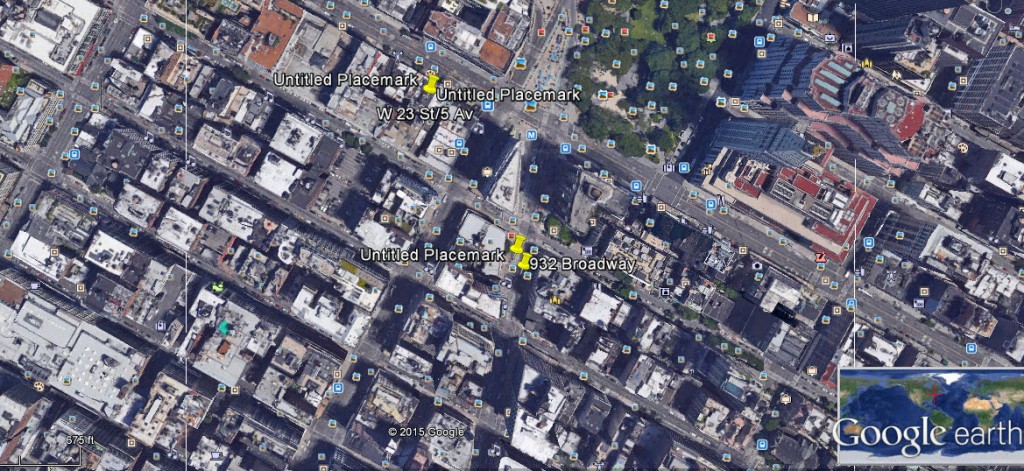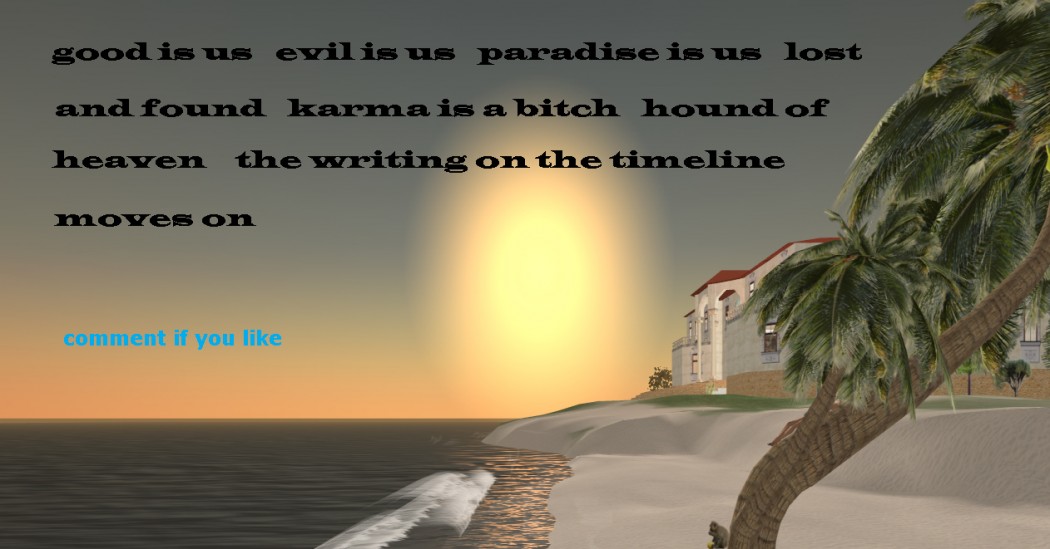Since I started writing down my memories, not knowing where I was going with them, I paid close attention to any signs and clues that might flesh out a narrative of reincarnation.
The psychic who long ago planted the seeds for this project at first revealed to me only one past life even though she said I was an “old soul.”
It was the life of a servant girl in ancient Greece. She was deaf and mute and her left arm was paralyzed as though it were in a sling.
It was all very intriguing, but I didn’t think it really mattered very much in my present life and I soon put it aside.
Years later, my twelve-year-old son gave me a book to read because he saw something in it that resonated with our ongoing family drama. The book was Ethan Frome by Edith Wharton.
I had heard of this novelist and even knew someone who had written her doctoral dissertation on her. However, I did not remember reading any of her books.
When I read Ethan Frome I found it to be strangely familiar and not only in the spiritual way that my son perceived it. It seemed as though I knew what was about to happen in the story before reading it on the page.
Even though Ethan Frome was widely read in High Schools throughout the U.S. we did not read it at my school in Macau.
Back in the early 50’s Macau imposed a version of Legion of Decency standards on what movies were allowed to depict. I think its standards were even more restrictive than the ones imposed on Hollywood film makers.
Movies allowed in Macau were to have no “glorification” of adultery, suicide, indecency in dress, prurient love scenes and so forth. The nuns in my school used this standard for choosing what we read. It even applied to Shakespeare. In class we read two Shakespearean plays – The Merchant of Venice and Julius Caesar. Even Romeo and Juliet was banned, never mind Othello.
After reading Ethan Frome I had recurring dreams and persistent hunches that led me to ask my psychic for clarification.
That is how I discovered that Edith Wharton also had something to do with my past lives.
I looked her up. Immediately I was taken aback by the date of her death which adjusting for time zones was exactly the day I was born. I went on to read her biography and a few of her novels.
But I did not see how knowing more about Wharton would be significant in my life and so my interest waned.
Since I started working on this project in 2013 I went back to reading Wharton’s writings. Fortunately for me, she has written two autobiographies, twelve maximalist novels, volumes of short stories, several non- fiction books, articles on all manner of things and scads of letters.
For those who have studied Edith Wharton’s life and her writings it is not necessary to point out the similarities as well as differences in our stories.
If I am right in thinking that desire is at the heart of the phenomenon of reincarnation and the force that propels us to return to bodily existence, then I see clues in what Edith Wharton said that she wanted.
Edith Wharton said that she wanted to be a philosopher. Ethan Frome was her favorite novel.
She was moving towards the Catholic Church.
She was fascinated by Greece. She wanted to go to Greece so badly that she and her husband recklessly spent their whole year’s income on their voyage. When they came back Edith found a letter telling her that an uncle had died and left her more money than they spent on their trip. Although Crete was not among the islands they visited, Edith wrote “Those months in the Aegean were the greatest step forward in my making.”
She also wrote, “My husband and I were so lost in enjoyment that neither of us gave a thought to the unsolved financial problem awaiting us at the end of the cruise. Only twice in my life have I been able to put all practical cares out of my mind for months, and each time it has been on a voyage to the Aegean.”
Edith took that second trip to the Greek Islands many years later, when she was alone. This time she visited Crete and Santorini. I believe that the other past life we shared was partly in ancient Greece during the late Minoan Age. A cataclysmic Thera volcanic eruption sheared off part of the island of Santorini and caused a tsunami that devastated much of the coastal region.
Edith planned to write a book about her whole Aegean experience but she never did.
I came from the other side of the world and went for a job interview at a company in the neighborhood where Edith Wharton spent her childhood.
I felt so at home there that I took that job even though I had an objectively much better job offer from another company.
Edith Wharton’s childhood home was at 14 West 23rd Street. The company’s offices were at 932 Broadway, just a few steps away.
I met my future husband while working there.

Google map showing the location of Edith Wharton’s childhood home and Central Foundry Company
In my story there are so many unlikely out-of-the-blue happenings, miraculous coincidences and deus ex machina plot twists in order to keep this plot within its trajectory that Edith Wharton would not approve if this were a novel. But this is not a novel. This a true story of a real person with a real name.
Edith once said that each of her characters shows up with a name. Some of the names were so outrageous that she tried to change them. In every case, if she succeeded in giving a character a new name the character vanished and could not be written into her novel.
She would understand what it took to get here.

Recent Comments